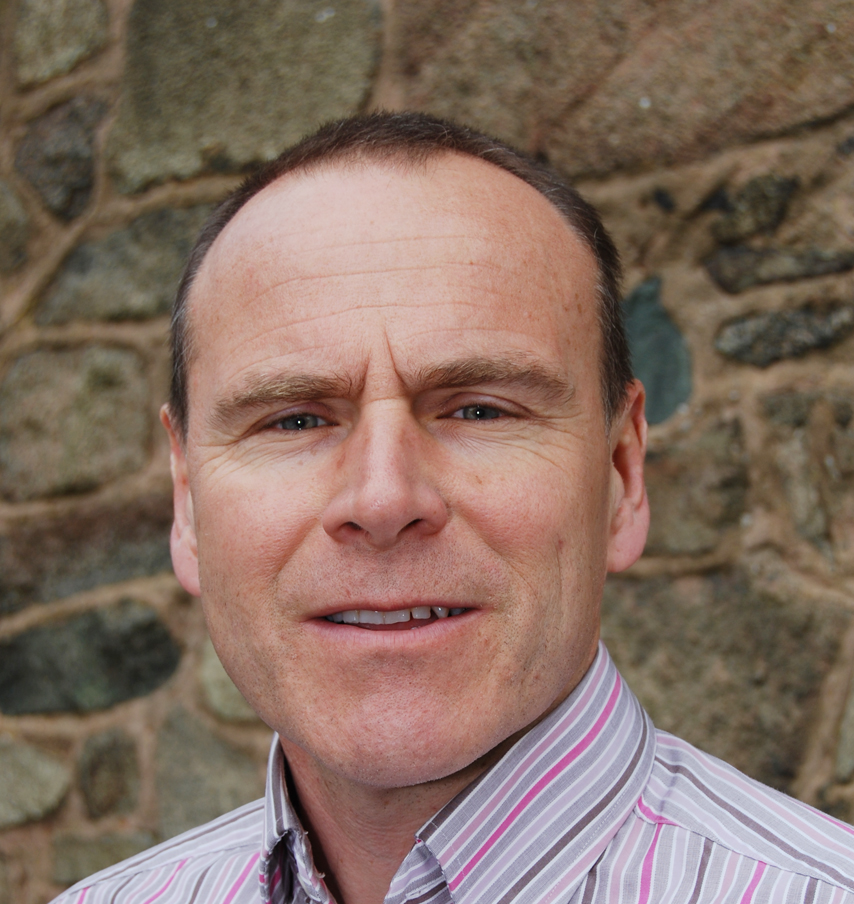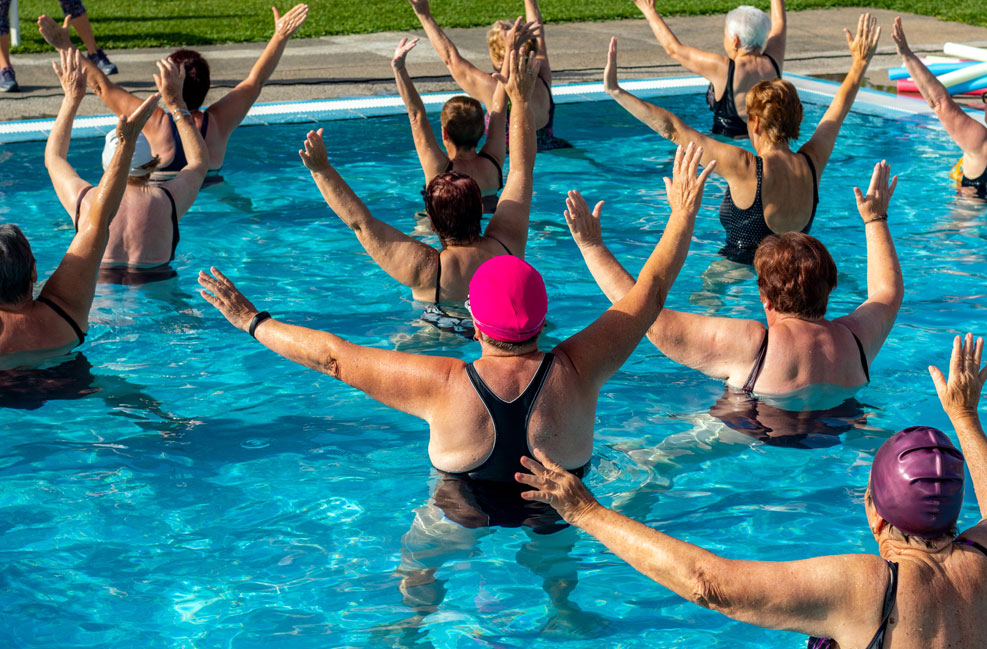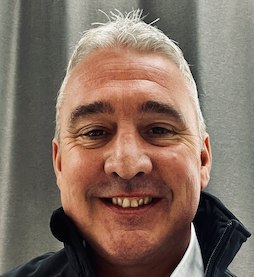The Moving Communities monitoring and evaluation tool has been launched by Sport England, to enable decision-makers to understand the impact of the government’s £100m National Leisure Recovery Fund in helping public sector sports, fitness and recreation facilities recover from the COVID-19 crisis.
Moving Communities will also create an evidence base for local and national decision-making.
Who’s running Moving Communities?
A group of partners – including Leisure-net Solutions, the Sport Industry Research Group at Sheffield Hallam University, 4global, Max Associates and Quest – have repurposed the National Benchmarking Survey (NBS), which provides critical data on the performance of leisure facilities, to measure the impact of the National Leisure Recovery Fund.
Known as Moving Communities, the new monitoring and evaluation tool will analyse participation at public leisure facilities and provide insight into the sector’s performance, sustainability and social value.
The data will help local authorities, leisure providers and policymakers support the recovery of public gyms and leisure centres and will be used to inform future investment and policy decisions, with the aim of strengthening communities and improving the nation’s health and wellbeing.
Who’ll take part?
All local authorities benefiting from the funding will be required to take part in the monitoring, which will benchmark income, expenditure, participation, social value and the customer experience. A small number will also go through Quest Prime.
Customer experience will also be measured through a national online survey, which will be the largest experience survey of its kind undertaken in the sector, with more than 1,000 leisure facilities taking part, engaging with a potential sample of 50,000 – 100,000 consumers.
In addition to providing data about the people using publicly-owned sport, fitness and recreation facilities, how they’re using them and how often, Moving Communities will evidence the social value of the sector.
Will the findings be shared?
Participating local authorities will have access to Moving Communities dashboards, which can be used to inform and evidence local decisions, while a quarterly overview will be published to provide insights for providers.
“Moving Communities will demonstrate the value and impact of the sector as it emerges from the pandemic, at the time when it’s needed most,” says Dave Monkhouse, director of customer insight firm, Leisure-net, which is leading the delivery of the service on behalf of Sport England.
“The data will show who’s performing well, how and why. This will be shared with other local authorities, to help the sector recover from the crisis.”
Background
The new platform represents an evolution of the Moving Communities report produced annually by the ukactive Research Institute since 2017, building on ukactive’s work with its public leisure operator members. ukactive will continue to play a role in supporting the research by engaging members to ensure comprehensive data supports the growth of the sector

























































